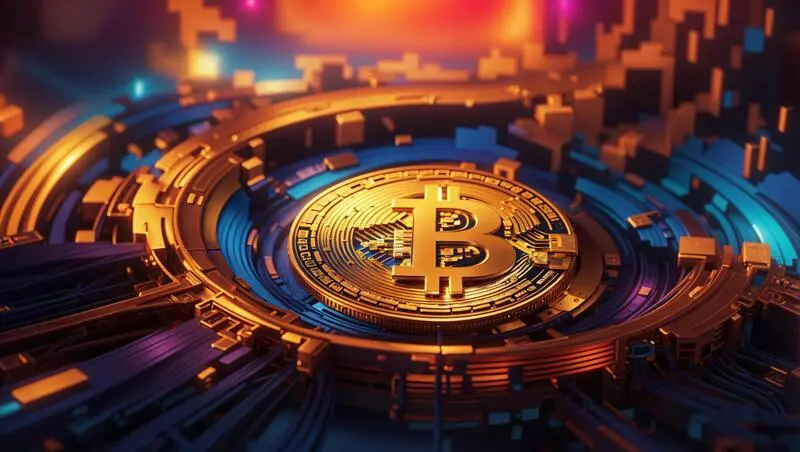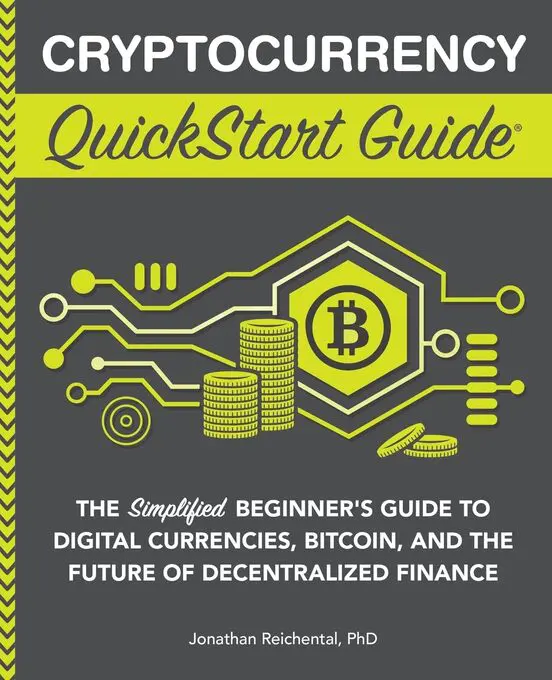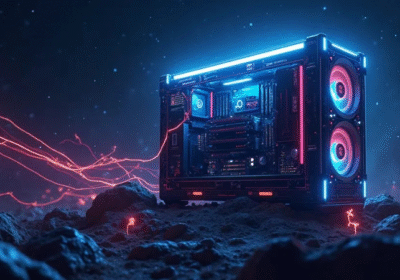BITCOINS
Bitcoin is the talk of the town when it comes to digital currency.
But have you ever wondered what happens when all the bitcoins are mined?
Let’s break it down. Don’t worry—we’ll keep things simple and relatable.
This topic has big implications for miners, investors, and the entire crypto ecosystem.

How Many Bitcoins Are There Anyway?
First off, there’s a cap on how many bitcoins can exist: 21 million. That’s it.
Unlike fiat currency, which governments can print endlessly, Bitcoin’s supply is finite.
This limit was coded into Bitcoin’s design by its mysterious creator, Satoshi Nakamoto.
As of now, most of those 21 million bitcoins have already been mined. About 19.5 million are in circulation.
But mining the remaining ones isn’t a fast process. In fact, it’ll take over 100 years to mine the last bitcoin, thanks to something called the “halving.”
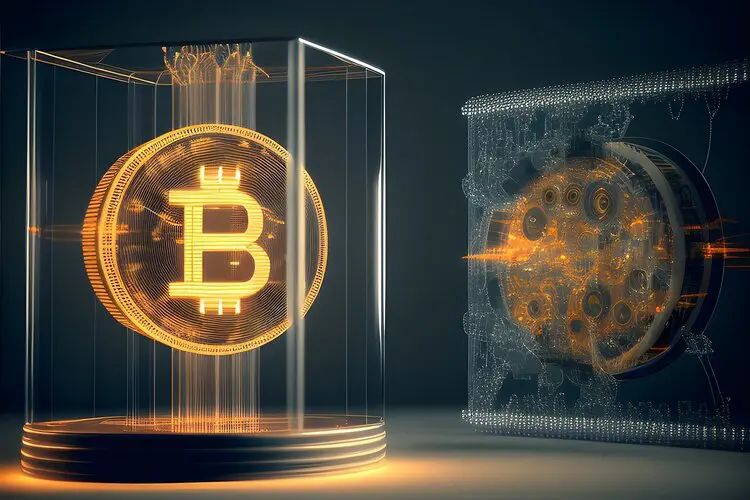
What Is Bitcoin Halving?
Let’s talk about halving because it’s a game-changer.
Every four years or so, the reward miners earn for adding new blocks to the blockchain gets cut in half.
Why? It’s all about controlling supply and mimicking the scarcity of precious metals like gold.
For instance, back in 2009, miners earned 50 bitcoins per block.
Fast forward to now, and that number is down to 6.25 bitcoins.
After the next halving in 2024, it’ll drop to just 3.125 bitcoins.
You see where this is going, right?
It gets harder and harder to earn new bitcoins.
This halving process slows down the creation of new bitcoins, ensuring the supply lasts longer.
It’s genius but also a little frustrating for miners.
Why Does Bitcoin Mining Matter?
Miners are the backbone of the Bitcoin network.
They solve complex mathematical problems to validate transactions.
In return, they get rewarded with bitcoins and transaction fees.
But here’s the kicker: once all bitcoins are mined, the reward system changes.
Miners won’t earn new bitcoins anymore. Instead, they’ll rely solely on transaction fees to stay in business.
This shift could completely change the mining industry.
When Will All Bitcoins Be Mined?
Mark your calendars (kind of). Experts estimate the last bitcoin will be mined around 2140.
Yeah, that’s over a century from now.
By then, you and I probably won’t be around, but Bitcoin’s legacy could live on.
Why does it take so long? Well, remember the halving?
Each event slows down the rate of new bitcoins entering circulation.
As time goes on, miners earn smaller and smaller rewards.
It’s like squeezing toothpaste from an almost-empty tube.
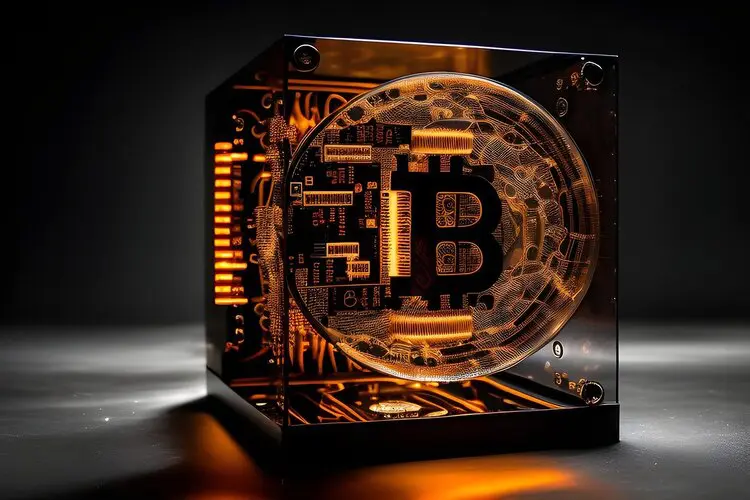
What Happens to Miners Post-2140?
This is the big question.
If miners can’t earn new bitcoins, what’s in it for them?
The answer lies in transaction fees.
Here’s the thing: every Bitcoin transaction includes a small fee.
Right now, fees are a bonus for miners.
But in a post-mining world, they’ll become the main source of income.
Will it be enough? That depends.
If Bitcoin’s popularity soars, transaction fees could be lucrative.
But if interest dwindles, miners might struggle.
Some might even abandon ship, which could hurt the network’s security.
How Will This Impact Bitcoin Users?
For everyday users, a world without new bitcoins might mean higher transaction fees.
Why? To incentivize miners to keep validating transactions, users may need to pay more.
It’s basic economics: if miners don’t earn enough, the system could slow down or even break.
But there’s a flip side. If Bitcoin becomes a global standard, fees could remain competitive due to sheer volume.
More users mean more transactions, which means more fees for miners to share.
Could Bitcoin’s Value Skyrocket?
Scarcity often drives value.
Think about diamonds or vintage cars.
When something is rare, people are willing to pay more for it.
Bitcoin’s capped supply could make it incredibly valuable in the future.
Some experts believe that as we inch closer to mining the last bitcoin, demand will surge.
People might view Bitcoin as digital gold—a safe haven for their wealth.
But others worry that high fees and slow transactions could turn people away. It’s a double-edged sword.
Will Bitcoin Still Be Secure?
One of Bitcoin’s biggest selling points is its security.
But that security depends on miners.
If mining becomes unprofitable, fewer people might participate.
This could make the network more vulnerable to attacks.
However, Bitcoin has a secret weapon: its loyal community.
Developers are constantly working on ways to improve the system.
Innovations like the Lightning Network aim to make transactions faster and cheaper.
These upgrades could help Bitcoin stay secure and relevant.
What About Other Cryptocurrencies?
Bitcoin isn’t the only player in town.
Ethereum, Litecoin, and other cryptos have their own systems.
Some even use different models, like proof-of-stake, which doesn’t rely on mining at all.
As Bitcoin evolves, it’ll need to compete with these alternatives.
But let’s be real: Bitcoin’s first-mover advantage gives it a special place in the crypto world.
It’s the OG, and that counts for something.
How I Feel About This
Personally, I find the whole concept fascinating.
The idea of a digital asset with a finite supply feels revolutionary.
But it’s also a little nerve-wracking.
What if transaction fees don’t cut it?
What if miners walk away?
On the other hand, Bitcoin has survived countless challenges over the years.
From regulatory crackdowns to market crashes, it’s proven to be resilient.
I think it’ll adapt to whatever comes next.
Final Thoughts: The Future of Bitcoin
So, what happens when all bitcoins are mined?
The truth is, no one knows for sure.
It’ll depend on miners, users, and the broader adoption of Bitcoin.
What we do know is this: Bitcoin’s scarcity makes it unique.
Its design forces us to think differently about money.
And while challenges lie ahead, the potential rewards are huge.
Whether you’re a miner, an investor, or just a curious observer, one thing’s clear: Bitcoin’s journey is far from over.
Let’s see where it takes us.



